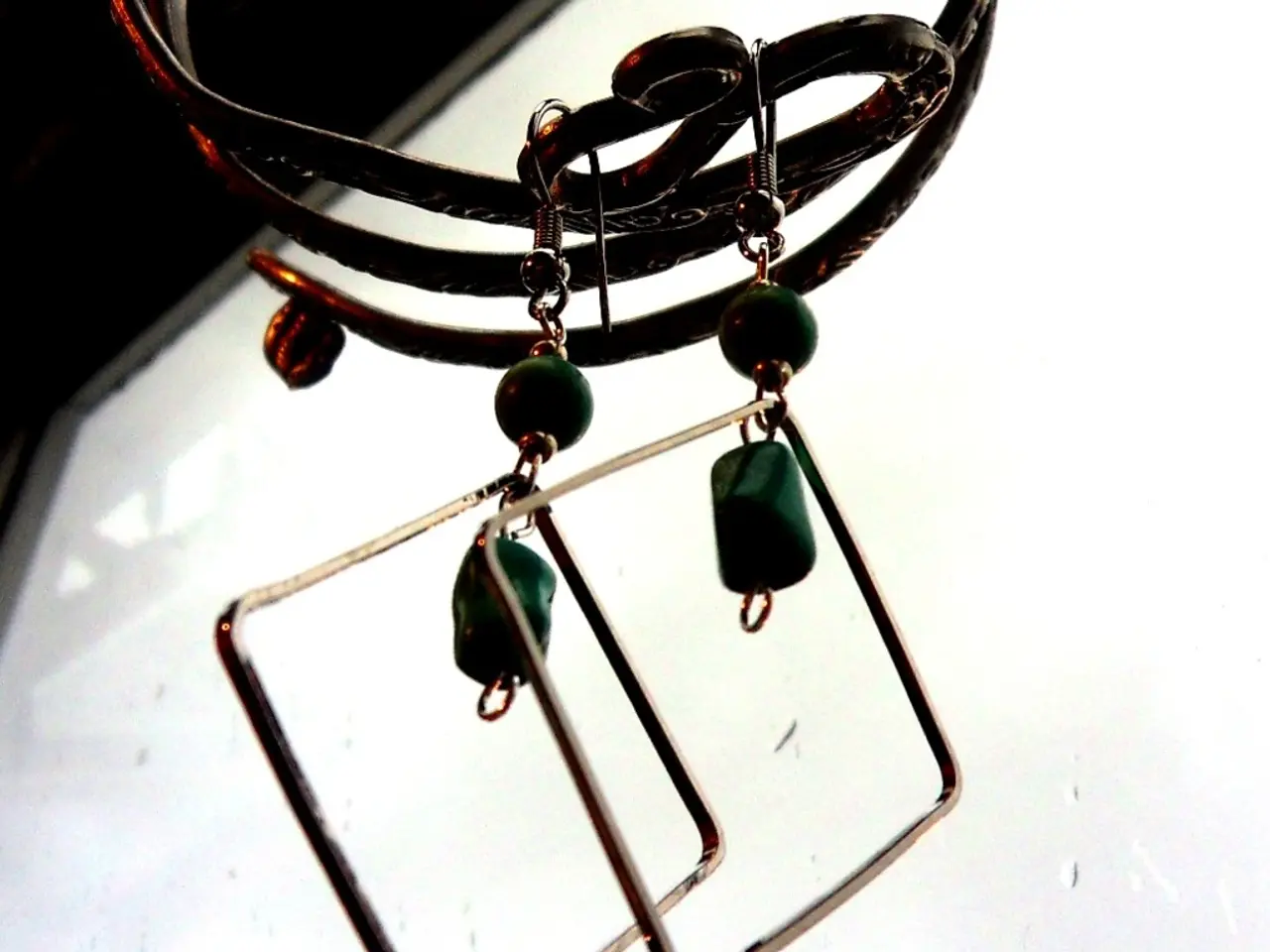Preventing hearing loss with these 4 essential supplements
Preserving Hearing with Nutrition: A Guide to Protecting Against Age-Related Hearing Loss
Hearing loss is a concern for many individuals, particularly as they age. Certain medical conditions, such as diabetes, can increase the risk of hearing loss. However, there are steps you can take to protect your hearing.
A holistic approach to hearing preservation includes a balanced diet rich in recommended supplements and nutrients. These include magnesium, zinc, folate (vitamin B9), vitamin B12, and antioxidants like vitamins A, C, and E.
Magnesium and zinc are essential for protecting the inner ear from noise-induced oxidative damage. They help maintain proper electrical signaling in auditory neurons, supporting hearing health.
Folate plays a role in stabilizing the nervous system and may help reduce tinnitus symptoms, especially in people with folate deficiency. Vitamin B12 deficiency is a recognized risk factor for age-related hearing loss and nerve demyelination, and supplementation has been linked to improvement in tinnitus symptoms in some studies.
Antioxidants like vitamins A, C, and E help neutralize free radicals that damage the microscopic hair cells in the inner ear that detect sound, potentially slowing hearing loss.
Omega-3 fatty acids and diets rich in colorful fruits and vegetables also support ear health and reduce oxidative stress.
Vitamin A, in particular, has shown promising results. It can improve hearing by up to 15 decibels in patients with age-related hearing loss, and can stimulate the regeneration of mammalian auditory hair cells.
Folic acid supplementation has been found to slow age-related hearing loss, and taking 800 mcg folic acid per day can help slow the decline in hearing of speech frequencies. Adults with the highest blood serum levels of vitamin A and carotenoids have the lowest risk for hearing loss.
Zinc supplementation can improve tinnitus and sensorineural hearing loss in about one-third of elderly adults who are marginally zinc deficient.
It's important to note that while these supplements can provide benefits, they should not replace a healthy lifestyle. Repeatedly asking for repetition from friends and family can be a sign of hearing loss, and exposure to loud noises repeatedly increases the risk of hearing loss.
Aging is a common cause of hearing loss in adults, causing changes in the inner ear. A family history of hearing loss increases the risk of age-related hearing loss. Taking certain medicines, such as chemotherapy drugs for cancer, can also increase the risk of hearing loss.
Smoking increases the likelihood of experiencing hearing loss. Therefore, maintaining a healthy lifestyle, including quitting smoking, is crucial for hearing health.
In conclusion, a balanced diet rich in magnesium, zinc, folate (B9), vitamin B12, and antioxidants including vitamin A is recommended for preserving hearing function with age. This, combined with noise protection, overall health maintenance, and a healthy lifestyle, can help reduce the risk of age-related hearing loss.
Read also:
- Impact of Alcohol Consumption During Pregnancy: Consequences and Further Details
- The cause behind increased urination after alcohol consumption is explained here.
- Toe joint arthritis: Signs, triggers, and further details
- West Nile Virus found in Kentucky for the first time; residents advised to take protective measures






